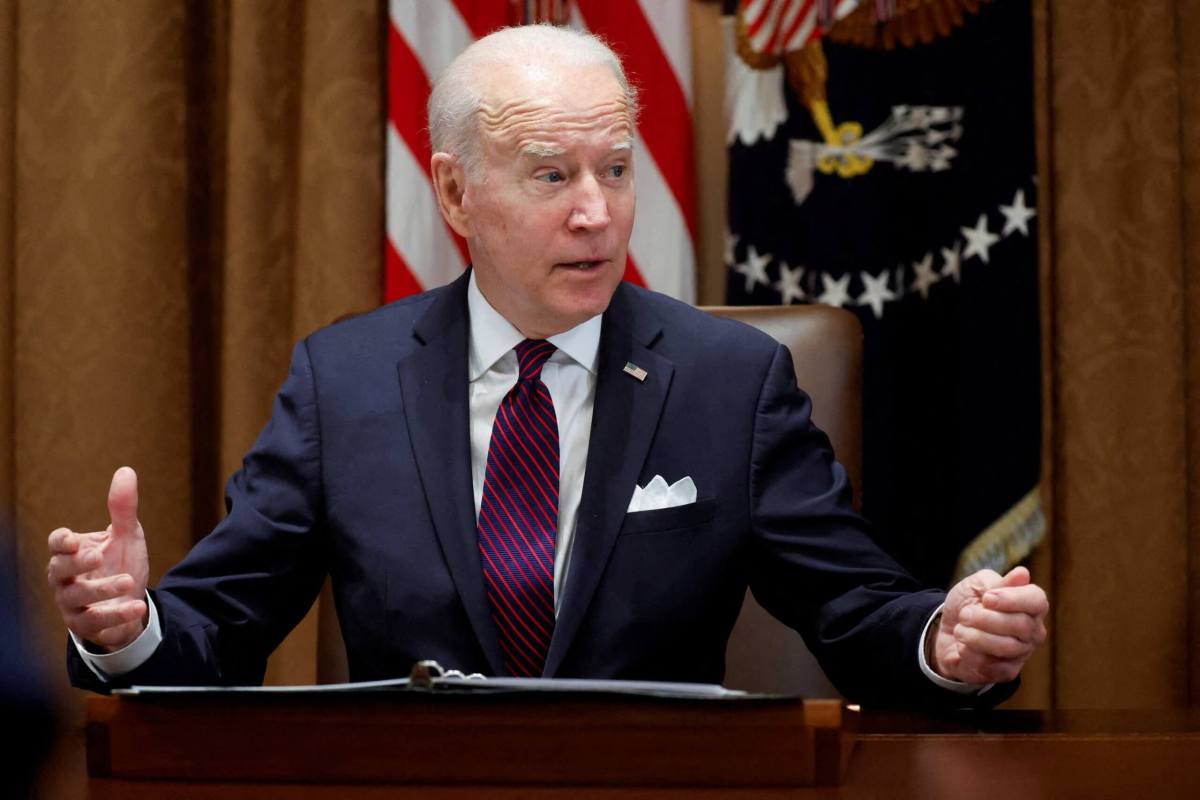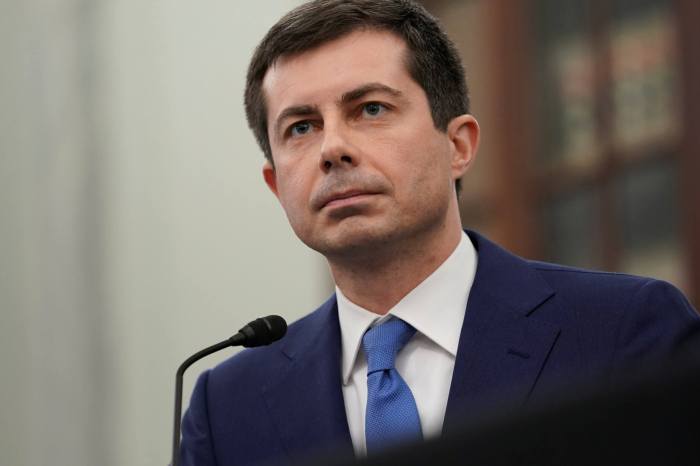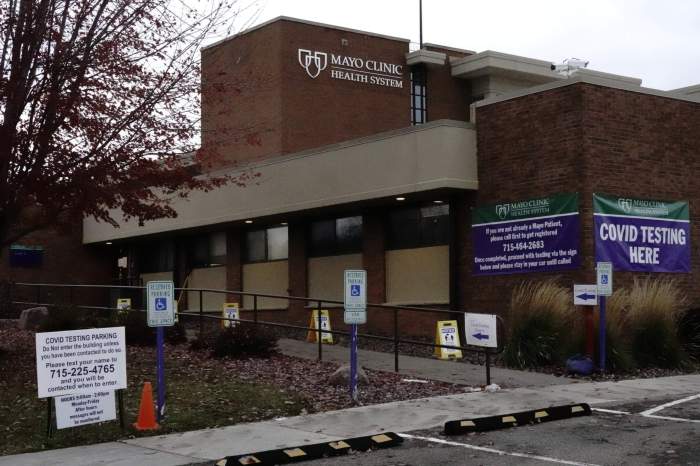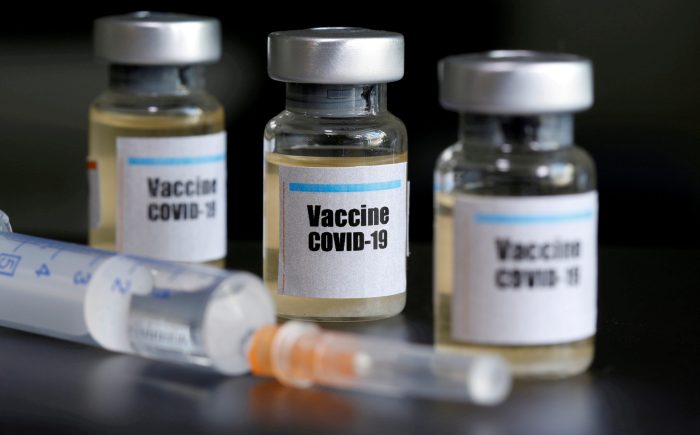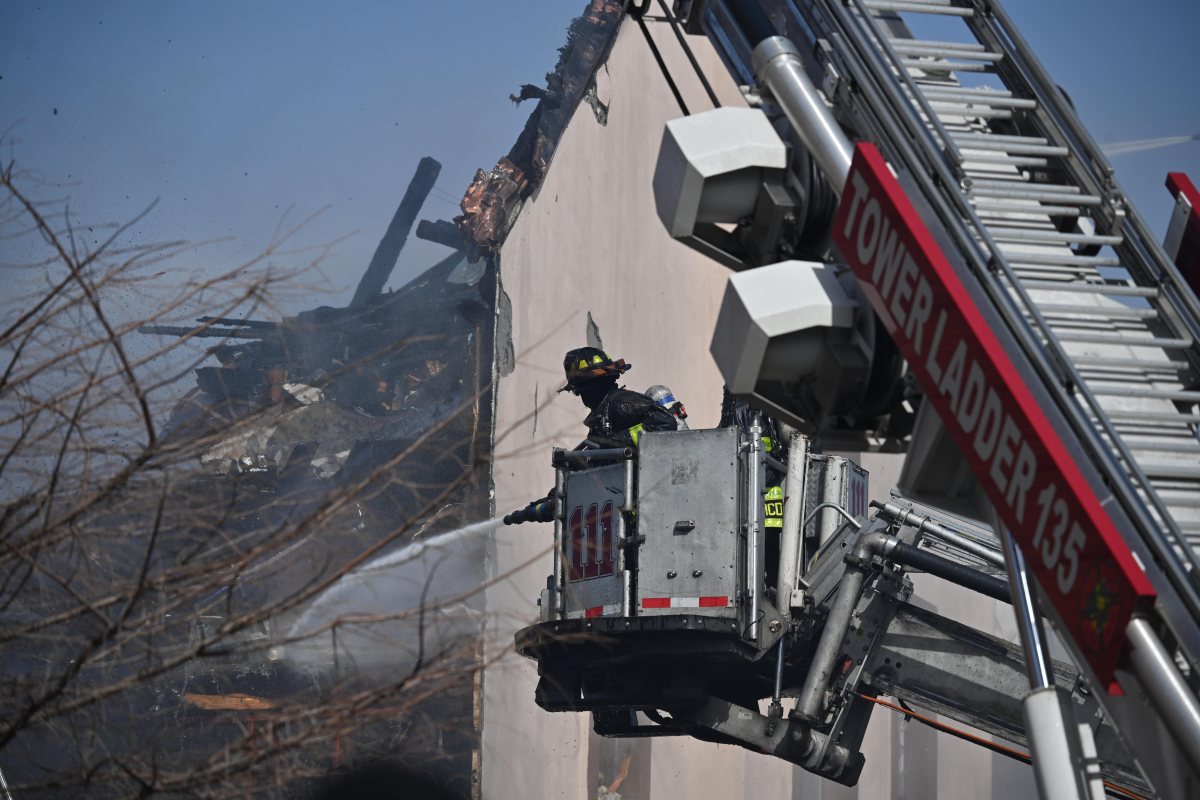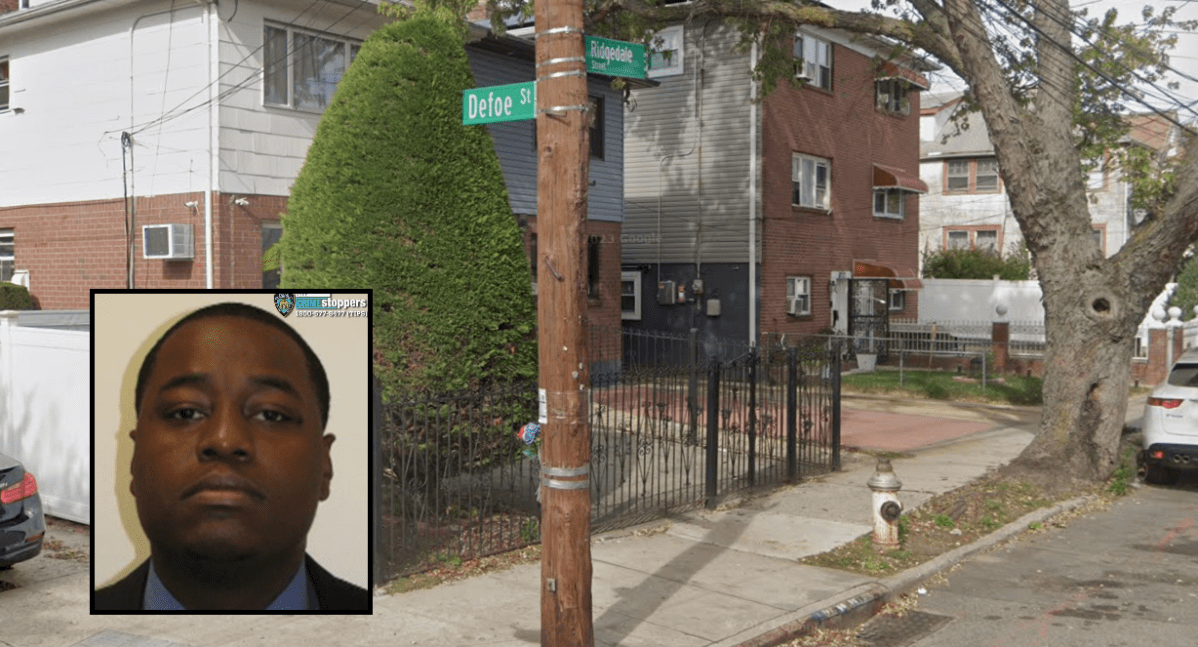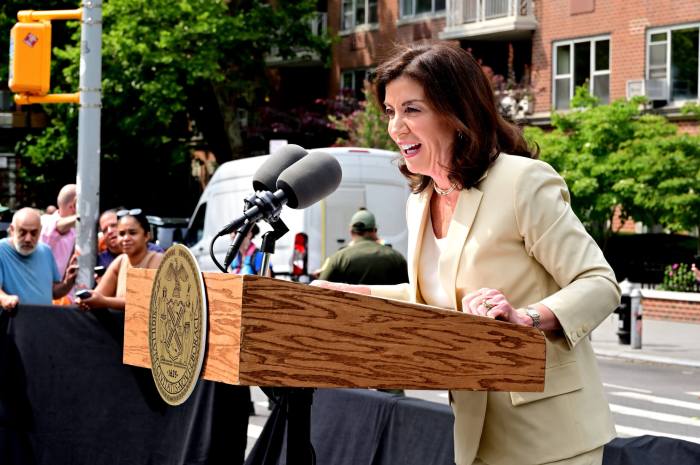President Joe Biden sought on Thursday to clarify U.S. policy on a possible Russian invasion of Ukraine after his remarks about how America might respond to a “minor incursion” raised questions about U.S. intervention.
“If any, any assembled Russian units move across the Ukrainian border, that is an invasion,” Biden told reporters at the White House. It will be met by a “severe and coordinated” economic response that has been discussed in detail with allies and laid out to Russian President Vladimir Putin, he said.
At a news conference on Wednesday, Biden indicated Russia could bear a lower cost for an incursion rather than an invasion and suggested there was some discord among NATO allies, while warning that an invasion would carry harsh penalties for Putin.
White House officials scrambled to clarify the U.S. position in emailed statements on Wednesday and remarks on Thursday.
“If there is a movement of any military troops across the border, that is an invasion,” White House press secretary Jen Psaki said on Fox News.
At a meeting with his counterpart in Germany, U.S. Secretary of State Antony Blinken said Moscow would be met with a “swift… severe” united response should its forces cross into Ukraine.
What constitutes an invasion of Ukraine was previously a matter of debate between U.S. and German diplomats as they discussed when the Nord Stream 2 gas pipeline to Europe might be disabled.
Ukraine officials said they saw no deviation in policy from Biden’s remarks, but President Volodymyr Zelenskiy tweeted “there are no minor incursions and small nations.”
U.S. Vice President Kamala Harris and others said Russian actions would spark a reaction, no matter the size.
“We will interpret any violation of Ukraine’s sovereignty and territorial integrity by Russia and Vladimir Putin as an aggressive action and it will be met with costs, severe and certain,” Harris said on NBC.
Spain dispatches to Black Sea
Meanwhile, Spain has sent warships to join NATO naval forces in the Mediterranean and the Black Sea as tension in the region rises over the Russian military build-up on the Ukrainian border, Defense Minister Margarita Robles said on Thursday.
A mine-sweeper is already en route and a frigate will sail within three or four days, Robles told reporters. The Madrid government is also considering sending fighter jets to Bulgaria, she said.
“Russia cannot tell any country what to do, so NATO will protect and defend the sovereignty of any country that can or wants to join NATO,” she said.
Spain’s preference was for an “exclusively diplomatic response” to resolving the conflict, she added.
The Spanish contribution to the NATO military deployment in eastern Europe comes after Foreign Minister Jose Manuel Albares and U.S. Secretary of State Antony Blinken discussed a coordinated response to the threat to Ukraine from Russia at a meeting in Washington on Tuesday.
Russia has massed tens of thousands of troops on its borders with Ukraine and Western states fear Moscow is planning a new assault on a country it invaded in 2014.
The Kremlin denies it is planning an attack but says it could take unspecified military action if a list of demands are not met, including a promise from NATO never to admit Ukraine as a member.
Denmark said it was sending a frigate to the Baltic Sea this week and French President Emmanuel Macron has offered to send troops to Romania. Further troop decisions could be made as early as a NATO summit in Madrid in June, diplomats and officials said.



